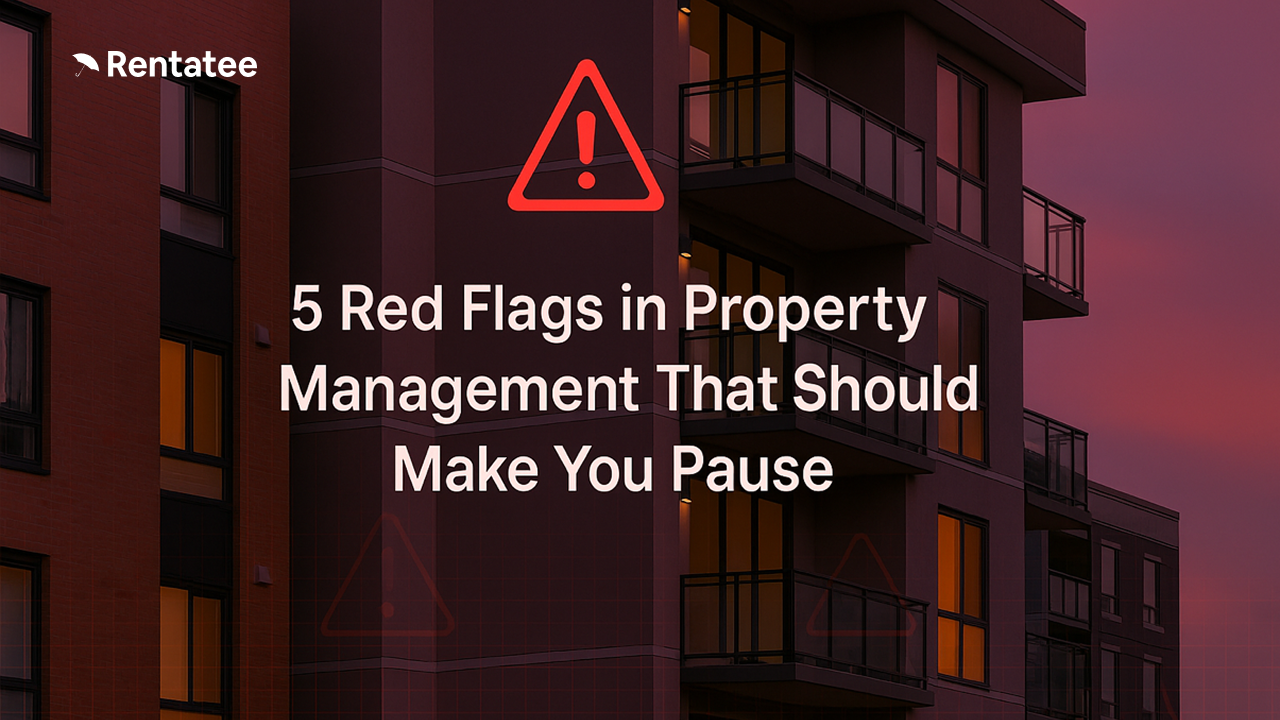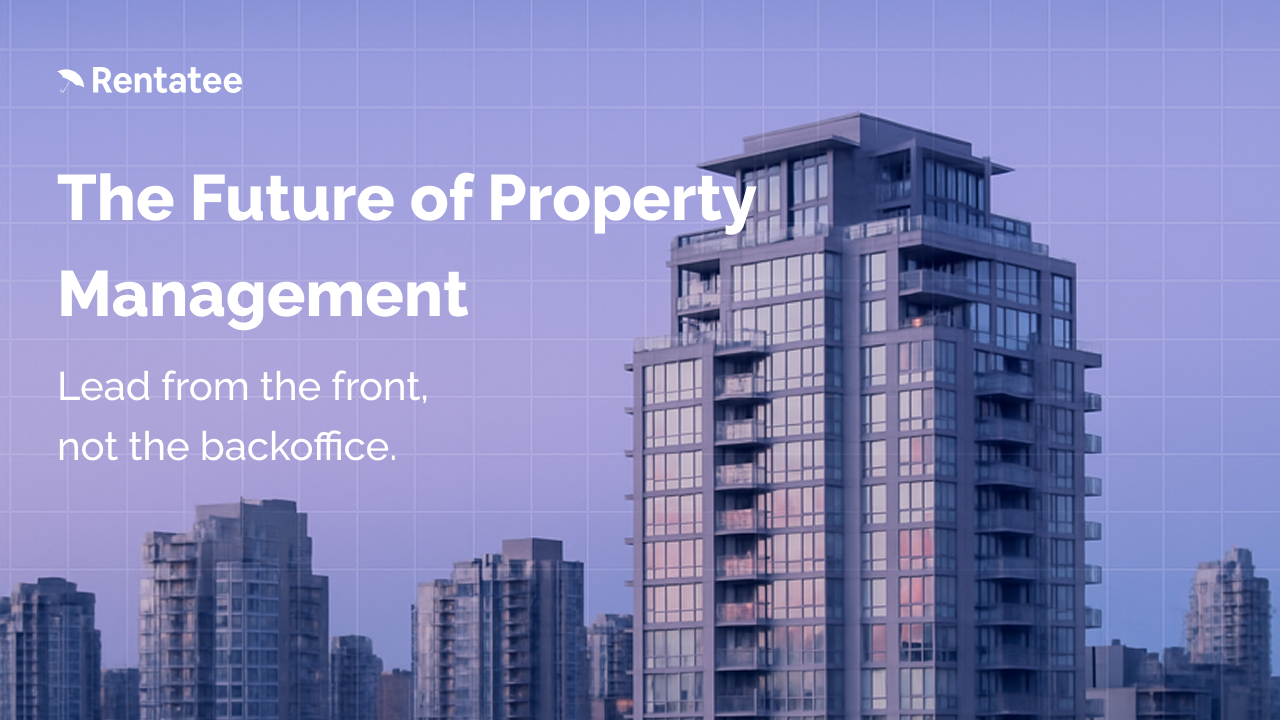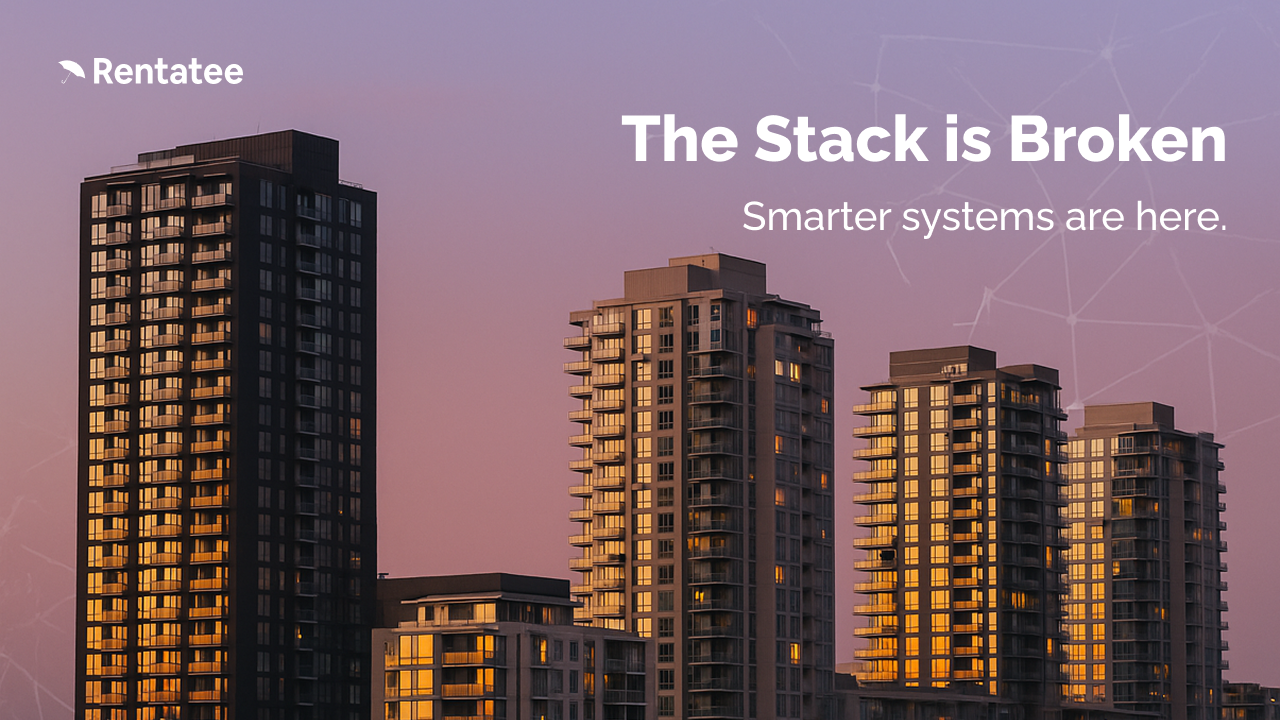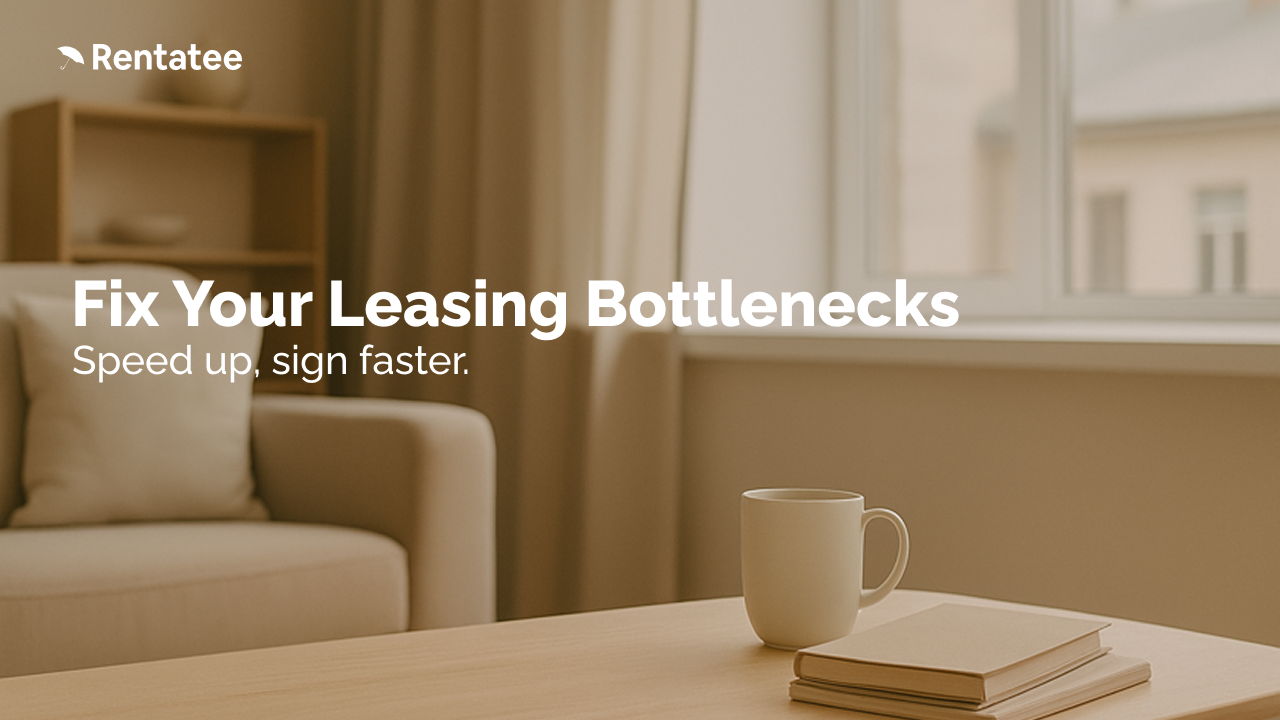Not all property management is created equal.
Poor execution doesn’t just frustrate tenants. It kills your cash flow, increases risk, and stalls growth.
Whether you’re self-managing or working with a property manager, these red flags are early warning signs that something needs to change fast.
1. Communication Feels Scattered or Slow
If you’re waiting days for updates, asking for the same report twice, or unsure who’s handling what... that’s a problem.
Clear communication should be:
- Centralized (no more jumping between emails, texts, and calls)
- Timely
- Documented
If you’re constantly following up or left guessing, it’s not a communication style. It’s a systems issue.
2. You Don’t Have Visibility Into What’s Going On
If you can’t answer basic questions like:
- “How many tenants are behind on rent?”
- “Which leases are expiring next month?”
- “What’s our average maintenance response time?”
Then you’re operating blind.
Property management should give you full visibility into financials, lease performance, tenant issues, and upcoming risks without having to dig.
3. Tenant Screening Seems Rushed or Inconsistent
Tenant quality drives everything: rent reliability, retention, unit condition, and legal exposure.
If applications are approved too quickly, background checks seem thin, or references are skipped - you’re at risk.
There should be a consistent, documented process in place every time.
4. Maintenance Is Reactive and Disorganized
A strong property operation:
- Logs every request
- Prioritizes based on urgency
- Tracks vendor performance
- Communicates timelines to tenants
If you’re getting complaints about slow fixes or unclear timelines or you’re unsure what’s even been resolved, your maintenance process is broken.
And that erodes trust fast.
5. Nothing Seems to Change (Even After You’ve Flagged It)
Feedback should lead to improvement. If you’ve raised concerns but see no adjustments in reporting, responsiveness, or operations, you’re dealing with a deeper issue.
Adaptability is non-negotiable.
The best operators take feedback seriously, adjust quickly, and continuously improve.
Final Word
Your property management structure should create clarity, not confusion.
If you’re seeing any of these red flags, it’s time to dig in.
Because when operations are solid, things feel calm. You’re not guessing. You’re in control.
If things feel chaotic, it’s not you. It’s the system.




